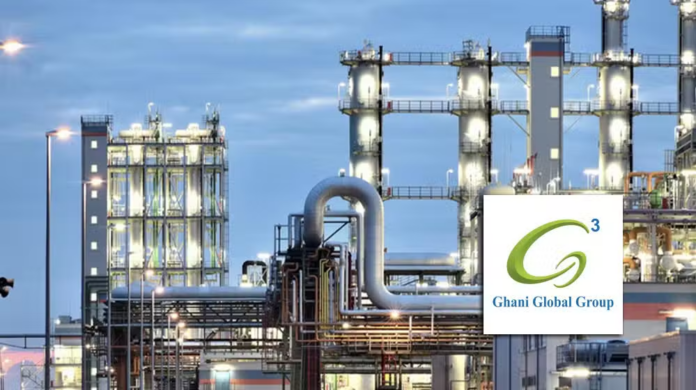When Ghani Chemworld Ltd (GCWL) listed on the Pakistan Stock Exchange in April 2025, it did so with a single-minded purpose: to build Pakistan’s first large-scale plant dedicated to manufacturing calcium carbide and its derivatives, and in the process turn one of the country’s more obscure import lines into an exportable surplus.
The company is a freshly minted public limited concern, incorporated in July 2024 as a wholly owned subsidiary of Ghani Chemical Industries Ltd (GCIL). Under a court-sanctioned demerger and merger scheme, GCIL’s in-progress calcium carbide project was carved out and transferred into Ghani Chemworld, with GCIL shareholders receiving shares in the new vehicle. In other words, what investors are buying on the stock market today is essentially a pure play on one project: a greenfield calcium carbide complex at the Hattar Special Economic Zone (SEZ) in Khyber Pakhtunkhwa. The content in this publication is expensive to produce. But unlike other journalistic outfits, business publications have to cover the very organizations that directly give them advertisements. Hence, this large source of revenue, which is the lifeblood of other media houses, is severely compromised on account of Profit’s no-compromise policy when it comes to our reporting. No wonder, Profit has lost multiple ad deals, worth tens of millions of rupees, due to stories that held big businesses to account. Hence, for our work to continue unfettered, it must be supported by discerning readers who know the value of quality business journalism, not just for the economy but for the society as a whole.To read the full article, subscribe and support independent business journalism in Pakistan









